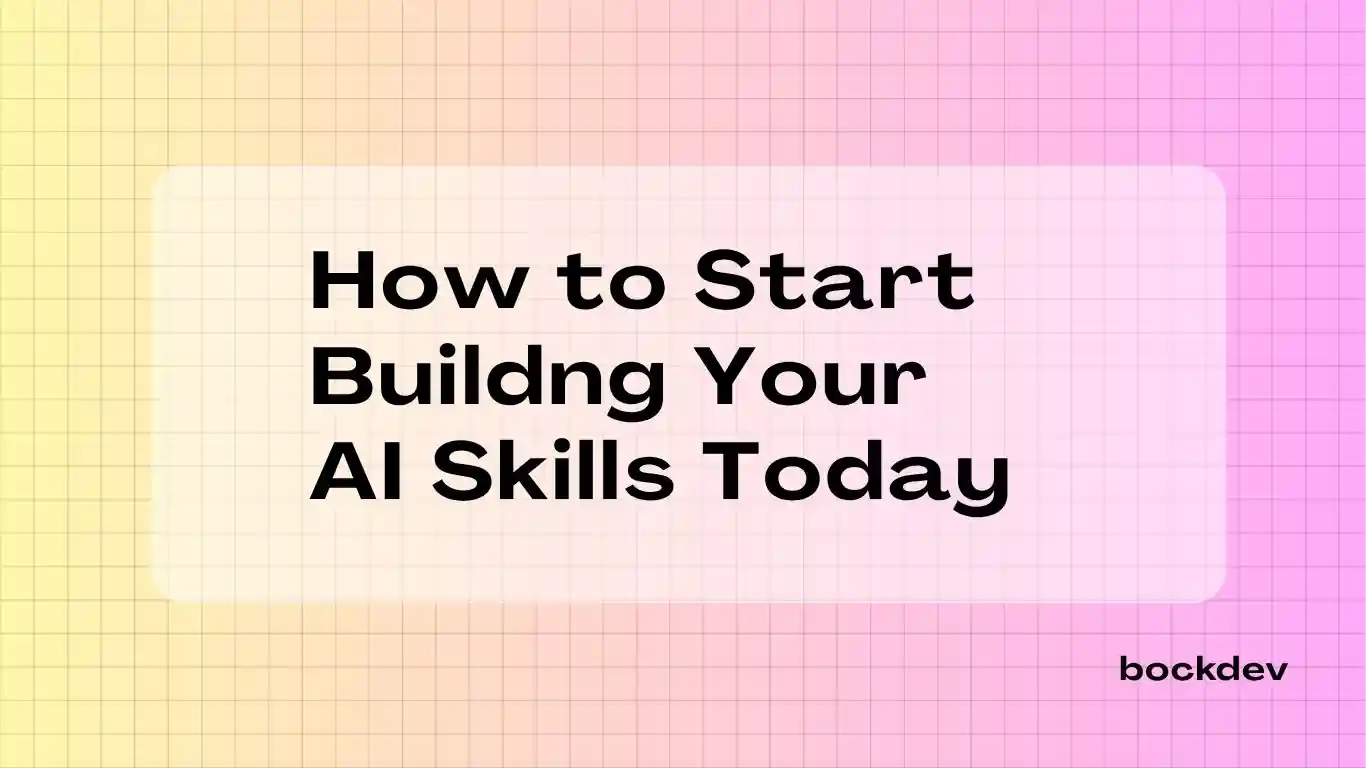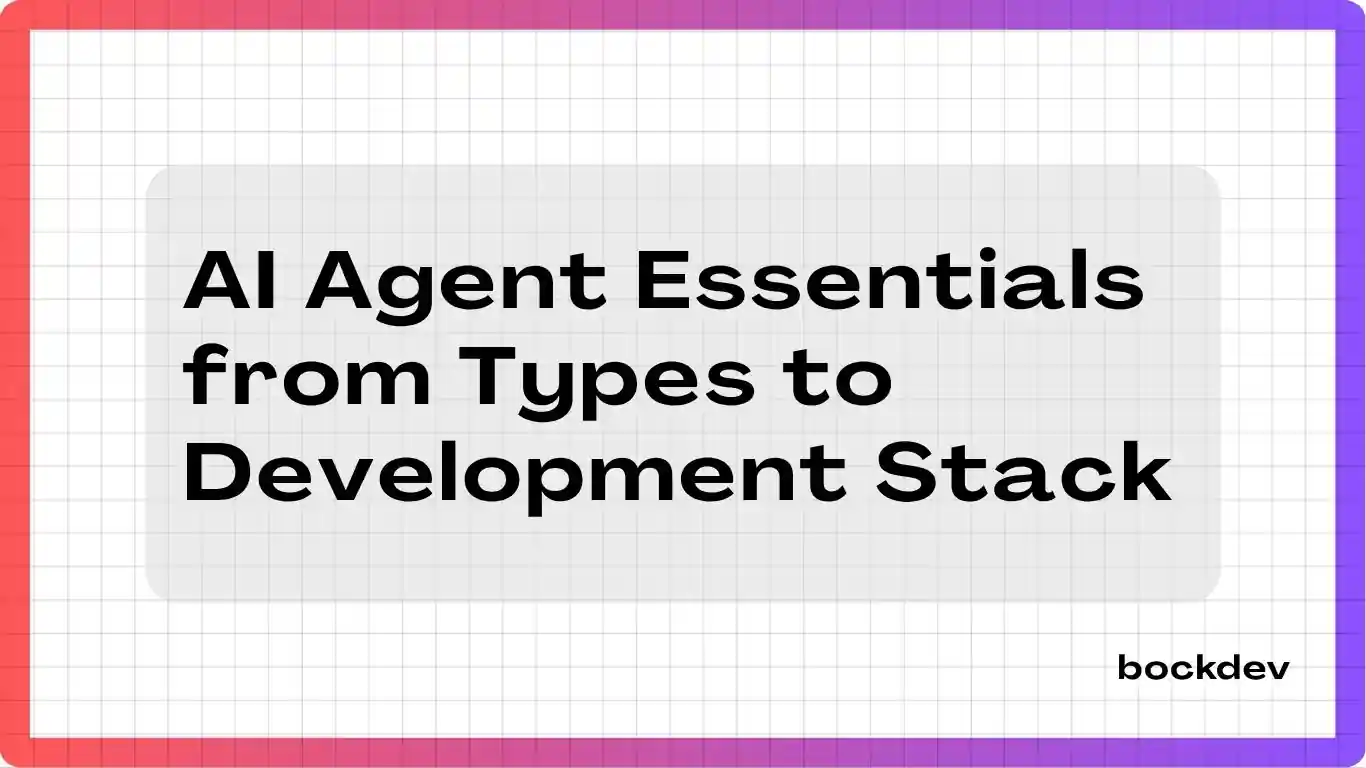
As AI becomes more integrated into everyday work and life, building AI skills is no longer optional—it’s an advantage. Whether you're a student, professional, or entrepreneur, learning how to use AI effectively can boost productivity, spark creativity, and open new opportunities. With the right strategies, anyone can begin developing practical AI skills today!
Strategies to build your AI skills
1. Begin with free AI Resources
AI education has become more accessible than ever, with free and low-cost courses available from leading organizations like OpenAI. For example, OpenAI Cookbook, OpenAI Blog and OpenAI Playground enable learners at any level to start building skills immediately.
2. Focus on Pratical Applications
Start by applying AI to simple, low-risk tasks such as:
- Writing follow-up emails after meetings.
- Converting notes into presentation slides.
- Summarizing meeting transcripts or call notes.
- Preparing status updates for weekly team reports.
These small but impactful uses help build confidence and efficiency while minimizing risk.
3. Join AI Communities
Engage with AI-focused groups on Facebook, Discord and Subreddits to exchange real-world insights and search for solutions. Peer learning accelerates skill development and helps normalize AI use within your professional network.
4. Practice Prompt Engineering
Crafting clear, precise instructions for AI tools, known as prompt engineering, is a critical skill. The quality of your prompts directly affects AI performance, so invest time in refining your communication with AI systems to maximize their usefulness.
| ❌ Don't | ✅ Do |
|---|---|
| Create a report | Create a one-page weekly sales report summarizing revenue, top-selling products, and performance compared to last week, using data from this spreadsheet. |
| Write an email | Write a professional follow-up email to a client after a demo, thanking them and highlighting the main product features discussed. |
5. Integrate AI Gradually into Your Work
Here are some common concerns about gradually integrating AI into work:
- Overdependence on AI - Relying too much on AI too early might reduce critical thinking or human oversight in important tasks.
- Data Privacy & Security Risks - Using AI tools—especially cloud-based ones—may involve sharing sensitive or internal data, raising privacy concerns.
- Lack of Understanding or Misuse - Without proper guidance, gradual use might still lead to blind trust in AI outputs, causing errors or poor decision-making.
6. Stay Updated on the AI Tools
The AI landscape evolves rapidly, so it's worth taking a few minutes each day to stay up to date with AI news and tools. Subscribing to newsletters from AI apps is a great way to keep track of their latest feature updates.
7. Share the Benefits of AI with Others
Sharing the benefits of AI with others helps reinforce your own understanding, builds trust around AI technologies, and encourages collaborative learning.
For example, when you explain how AI helps you automate reports or summarize emails, your peers may discover useful applications they hadn’t considered.
8. Use AI to unlock Creativity
Effectively using AI can unlock new levels of creativity by enhancing idea generation, speeding up content creation, and offering fresh perspectives.
For example, writers can use AI to overcome writer’s block by generating plot ideas or rewriting sentences. Designers might explore visual concepts with AI image generators, while marketers can brainstorm campaigns with AI copy tools.
The key is to use AI to think outside the box, explore alternatives, and create more efficiently.
9. Measure the Impact of Your AI Skills
Tracking measurable outcomes from AI projects like time savings or cost reductions and proves their real-world value.
For instance, after automating invoice processing with AI, our finance team reduced manual entry time by 75%, saving 40 hours weekly. This clear metric showcased the efficiency gains and justified further AI investments.
10. Develop AI Ethics
AI ethics ensures that AI technologies are used responsibly, fairly, and for the benefit of society. To develop strong AI ethics:
- Eliminate Bias – Train AI on diverse, representative data to avoid unfair or discriminatory outcomes.
- Ensure Transparency – Make AI decisions explainable and understandable to users.
- Protect Privacy – Handle personal data responsibly and ensure compliance with privacy regulations.
Conclusion
Building AI skills doesn’t require a technical background—just curiosity, consistency, and a willingness to explore. By starting small and learning from both tools and peers, you’ll gradually become confident in using AI to enhance your personal and professional life.



